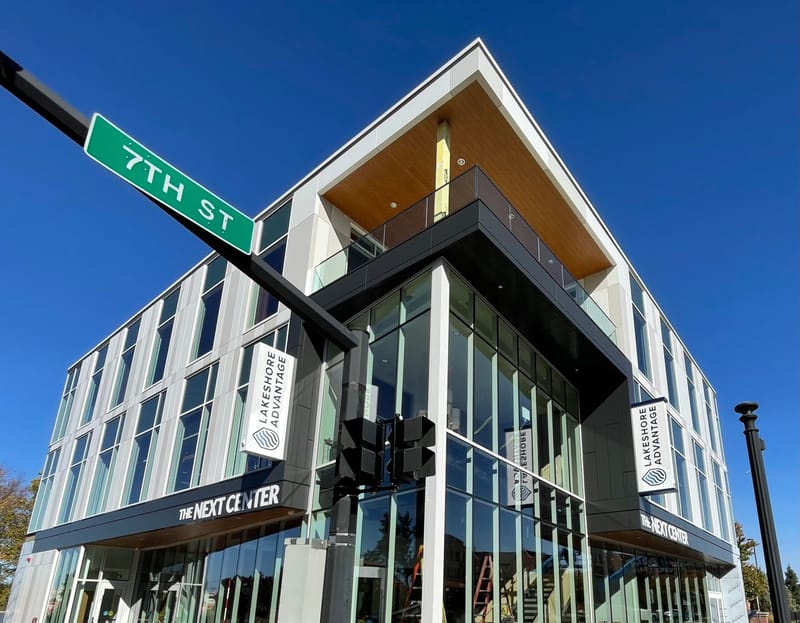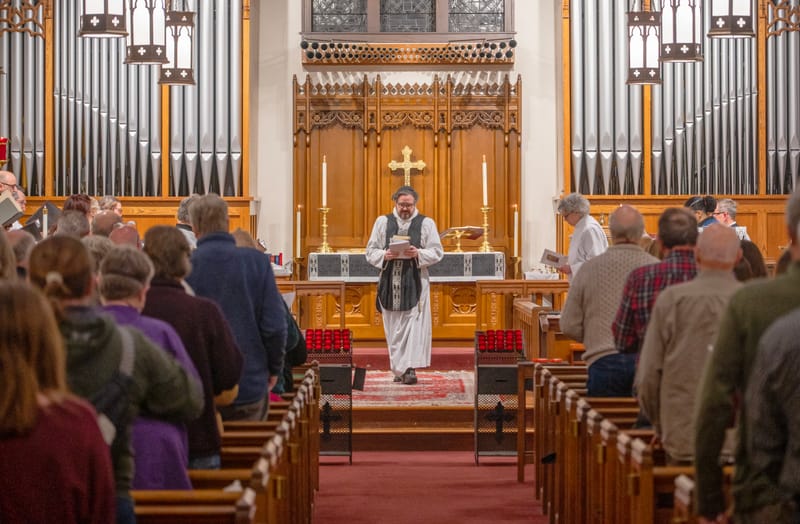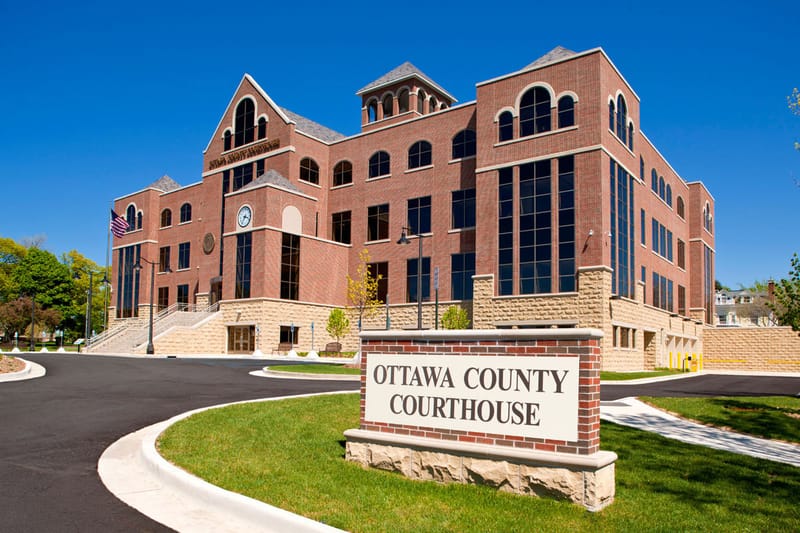Public broadcasting slashed, local stations face the impact
Local NPR and PBS stations are scrambling after a July 18 Congressional vote stripped the Corporation for Public Broadcasting of its funds.

OTTAWA COUNTY — Local NPR and PBS stations are scrambling after a July 18 Congressional vote stripped the Corporation for Public Broadcasting of its funds.
Congress passed the bill earlier this month to rescind $9 billion in foreign aid allocations as well as the federal government’s longstanding support of public broadcasting nationwide.
The package, which was a priority of Republican President Donald J. Trump, narrowly survived the House by a vote of 216-213, after passing in the Senate with no support from Democrats. This marks the first time a president’s rescission request has passed through Congress since 1999, when Democratic President Bill Clinton was in the Oval Office.
Around $8 billion will be cut from foreign aid and $1.1 billion from public broadcasting. This will have a near-immediate impact on NPR, PBS and their local affiliates, especially those in rural areas.
The funds were previously promised through congressional approval last year; stations that expected to receive funding this October now no longer will.
For hundreds of stations with available data, CPB grants made up about 10.3% of U.S. public TV stations' overall funding as of fiscal 2023, and 4.1% for radio stations, Axios reported.
Local affiliate WGVU Public Radio announced in a statement shortly after the vote that they expect to lose 18 percent of their annual budget, with losses of $1.4 million both this year and next.
WGVU, like many other stations, anticipated these funding cuts after Trump issued an executive order in early May directing the Corporation for Public Broadcasting’s board of directors to “cease federal funding for NPR and PBS,” the nation’s primary public broadcasters, claiming ideological bias.
“Neither entity presents a fair, accurate or unbiased portrayal of current events to tax-paying citizens,” the order said. “The CPB Board shall cancel existing direct funding to the maximum extent allowed by law and shall decline to provide future funding.”
Grand Valley State University, the owner of WGVU’s broadcasting license, released a statement in June when the withdrawal of funds was being considered. Because of fundraising efforts and a large donor base, station staff didn’t expect to have to take immediate action.
General Manager Jim Rademaker, however, said work needs to be done to mitigate the cost to continue local programming, which is the station’s largest expenditure.
For Rademaker, local content is what helps to differentiate local stations and better serve the communities in which they’re based.
“If we don’t find the local support, that’s probably gonna be the place we’ll have to go first — because that is the most expensive for us,” Rademaker said. “When you’re trying to make up $1.4 million, unfortunately, you need to look for the big chunks.”
WGVU is now looking into expanding relationships with public stations across Michigan to share costs and start conversations about co-producing programs. This could potentially lead to a shift from hyper-local coverage to more regionalized content.
“My concern is it takes away some of the localness, but Michigan is still a pretty tight-knit community as a state, so we can create relevant content,” he said.
Rademaker said WGVU is fortunate to have strong donor support; some stations in more rural areas could see half of their budgets slashed because of weaker donor support. For these areas, community news is especially vital. In some cases, the reduction or loss of a local station could put people in real danger.
Recently, public radio stations in Alaska were used to warn residents of potential tsunamis following a major earthquake.
“People don’t realize the impact that the type of news and information that these stations provide, or what it can mean to them. … That’s an additional element here that’s gonna be lost,” said Rick Martinez, of Jenison, who works in communications for the state of Michigan.
Martinez is a member of ONN's advisory board of directors.
Support Our Work
Ottawa News Network is a nonprofit news service dedicated to providing the residents of Ottawa County with trustworthy, community-driven news. ONN treats journalism as a public good — something that enriches lives and empowers Ottawa County’s 300,000-plus residents to stay engaged, make informed decisions, and strengthen local democracy. Please consider giving today.
For many in Ottawa County, public media remains an integral part of their lives, from growing up watching “Sesame Street” to receiving local news updates as adults.
“We’re talking about people of the community. We’re talking about farmers. We’re talking about educators. We’re talking about kids,” said Beth Meadows, communications director for the Ottawa County Democrats.
“These are resources you’re taking away from the people who work extremely hard, who pay their taxes and who expect the government to work for them,” said Meadows, of Zeeland.
— Contact Lee Marentette at newsroom@ottawanewsnetwork.org.




